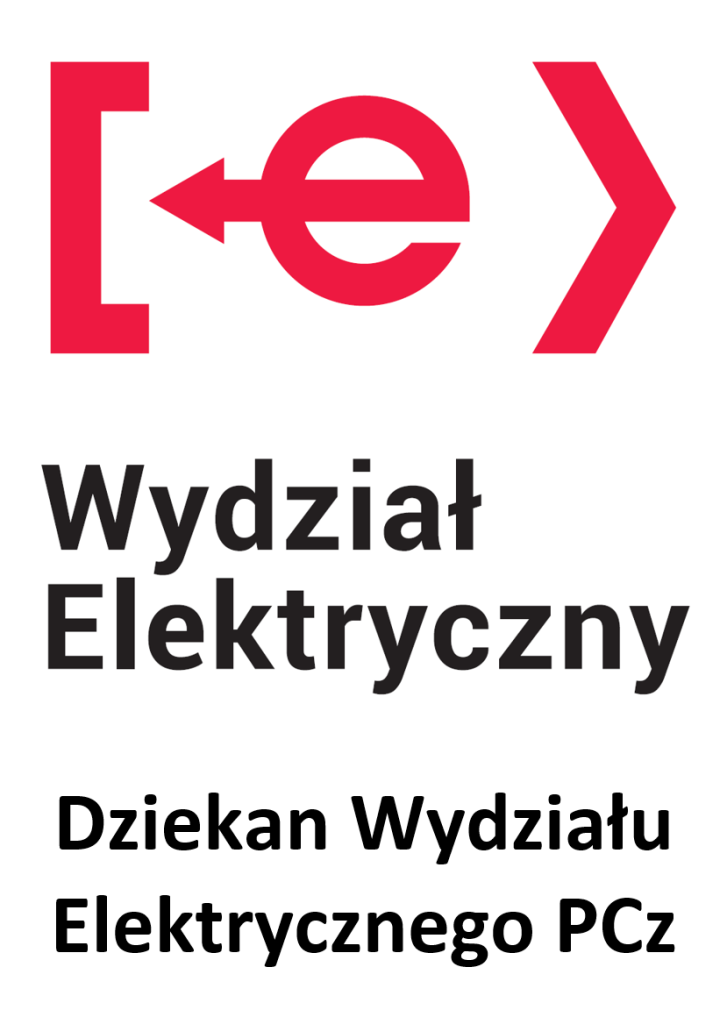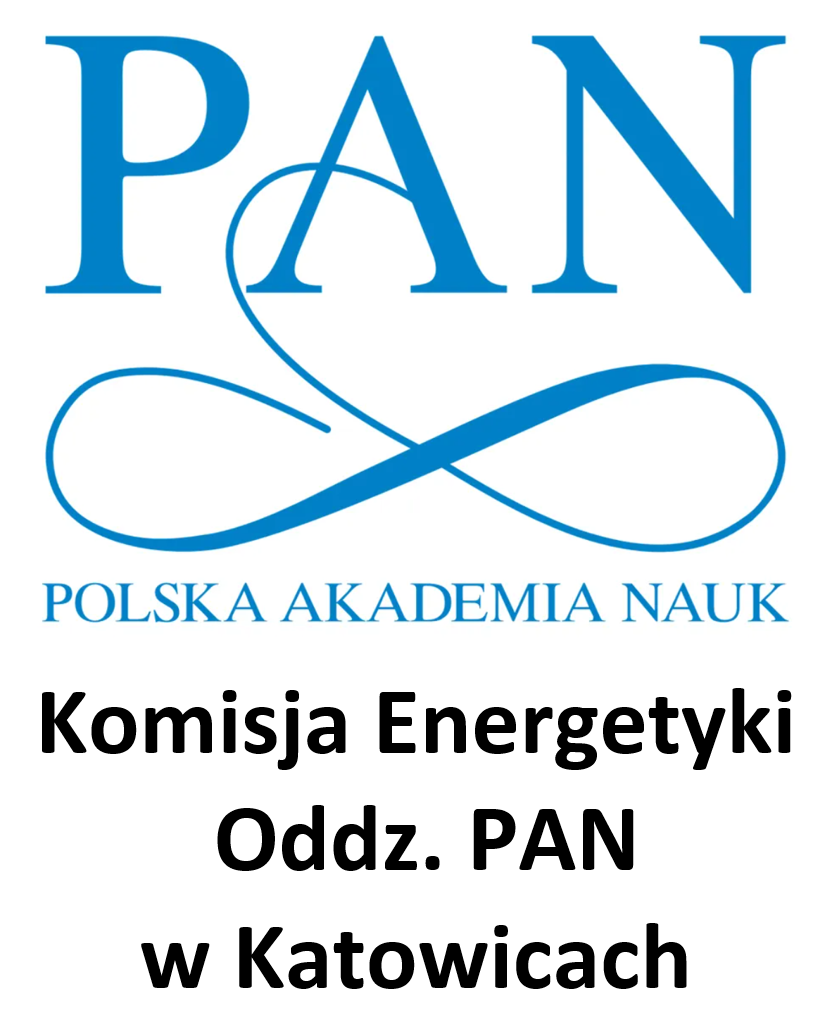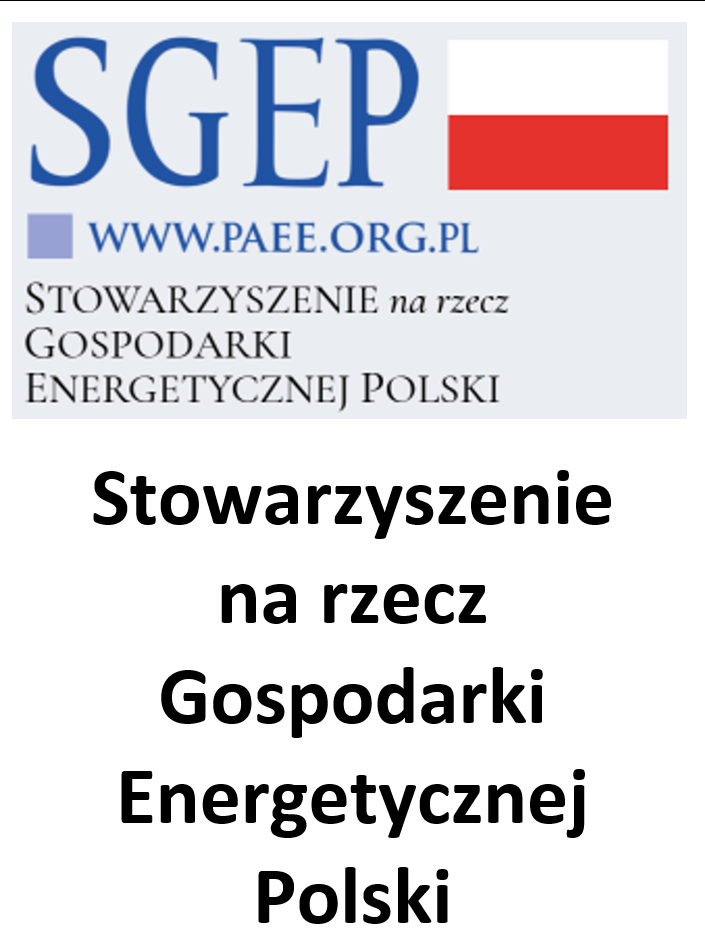Organizer
Polish Society of Theoretical and Applied Electrical Engineering PTETiS Branch in Częstochowa
in cooperation with
Faculty of Electrical Engineering, Częstochowa University of Technology
The conference aims to present innovative solutions, expand knowledge, and exchange experiences in the areas of forecasting, optimization, and modeling in the energy sector. We hope that this event will contribute to closer cooperation between the scientific community, energy market participants, energy companies, industry, and business.
The conference is addressed to representatives of scientific and research centers (in the field of energy, electrical engineering, computer science, artificial intelligence, and economics), transmission and distribution network operators, enterprises, institutions, and companies related to the energy sector, as well as IT companies providing analytical and computational tools related to with the conference theme.
Thematic scope
- Forecasting in the energy sector: demand, generation from renewable and distributed sources, energy market prices, losses, forecasting in smart grids
- Artificial intelligence in forecasting, optimization and modeling in the energy sector: models, algorithms, analytical tools, data mining methods
- Planning, modeling and optimization of the development of the power system: optimization of the energy mix, renewable sources in the system, investment efficiency, uncertainty, risk management, constraints, prosumer segment, ecological aspects
- Distributed and renewable generation sources, energy storage, smart grids, micro-sources and micro-grids: impact on the operation of the power system and area balancing of power and energy, reliability of supply, quality of electricity, integration with the system, technical aspects
- Functioning of electricity markets and system services: technical, economic and organizational conditions, benefits and costs of market mechanisms, optimization of system services
- Power security: current status and improvement measures, system failures, investments, control algorithms, automation, measurement systems
- Control of the power system operation: technical, economic and organizational aspects, improvement of system controllability, steady and unsteady states of system operation
- The future of nuclear power plants and new generation technologies in Poland: political, social, psychological, economic, technical and safety-related problems, green energy
- New technical solutions and experience from the operation of automation, control, measurement and monitoring systems
- Issues of design, operation and control of electric machines and drives
- Improvement of energy efficiency of installations operated in municipalities (electrical receivers and installations, biomass energy, photovoltaics, energy storage, lighting, audits and white certificates
Special guest
Short-term load forecasting of power systems using recurrent neural networks
Abstract: The lecture will present arguments indicating that modern recurrent neural networks (RNNs) are particularly well suited for short-term forecasting of power loads.
RNNs have a memory mechanism (internal state) that allows for the inclusion of information from a distant time period when generating a forecast. As a result, they cope well with “difficult” time series with complex seasonality and high temporal resolution, and also enable the creation of probabilistic forecasts that often require additional input information.
To improve forecasting accuracy, instead of standard RNNs based on LSTM cells, a multi-layer architecture with residual connections, dilations and non-standard recurrent cells designed to support these mechanisms is proposed. Appropriate input data processing also plays a key role, including normalization and seasonality modeling implemented dynamically, with parameters adapted during training.
One interesting issue is to effectively provide a „context” so that the forecast of a specific series (e.g. load in a given region) can take into account information about what is happening or has happened recently in the surroundings (e.g. in neighboring regions). Often, using all available series as additional input data is computationally too expensive and may be counterproductive. The talk will present several methods for automatically selecting a limited number of such auxiliary series.
Honorary patronage






Patronage of the Jura Economic Panel





